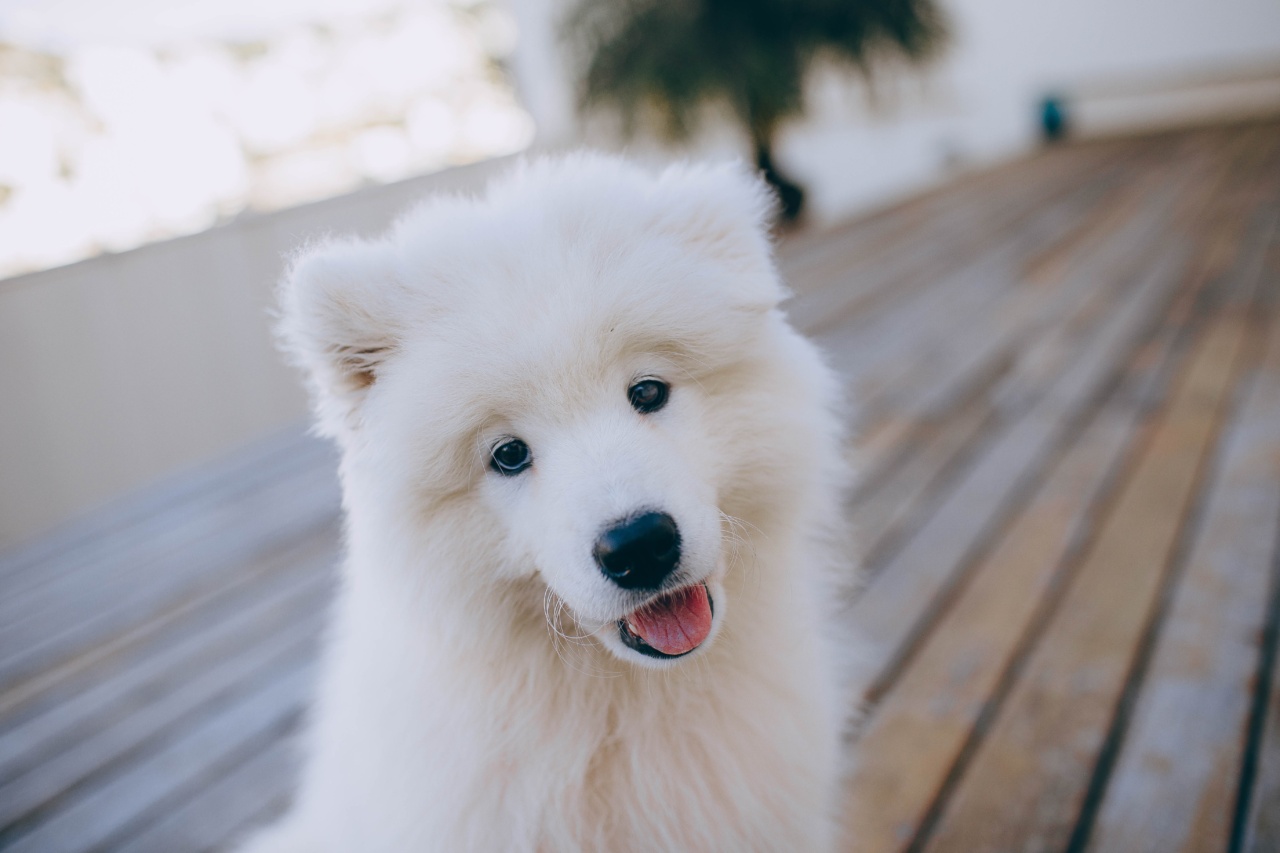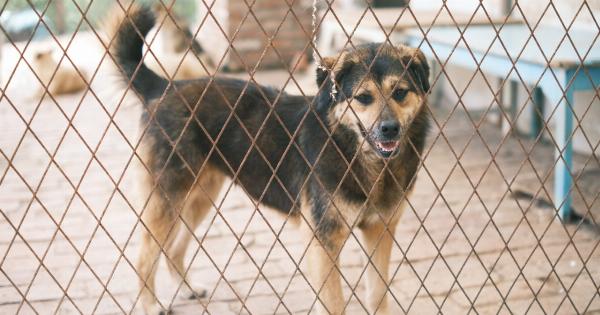The Samoyed dog is a charming and lovable breed known for its friendly nature and striking appearance. Originally bred to help reindeer herders in Siberia, these dogs have become cherished companions for many people around the world.
Despite their friendly demeanor, Samoyeds can also be quite stubborn, which adds to their unique personality. In this article, we will delve deeper into the characteristics and traits of Samoyed dogs, exploring their friendly nature, their stubborn streak, and why they make such wonderful pets.
The History of the Samoyed Dog
The Samoyed breed can be traced back to the nomadic Samoyedic people of Siberia who used these dogs for various purposes. These dogs were primarily employed for herding reindeer, pulling sleds, and even as hunting companions.
The Samoyed people valued the loyalty, strength, and adaptability of these dogs, and they often lived in close quarters with them.
As time went on, the Samoyed breed gained popularity beyond Siberia. In the late 19th century, they were brought to England where they were showcased in various dog shows.
The breed captured the hearts of many dog enthusiasts and eventually spread to other countries as well. Today, Samoyeds are beloved pets and show dogs around the world.
Appearance and Characteristics
Samoyeds are known for their striking appearance. They have a thick double coat with a fluffy, snow-white outer layer and a denser undercoat that keeps them warm in cold climates.
Their facial expression is often described as “smiling” due to the shape of their eyes and mouth. These dogs have a sturdy build and are well-muscled, which makes them agile and strong.
One of the most distinctive features of Samoyeds is their plumed tail, which curls over their back. This tail was designed to keep their nose and face warm when they curl up to sleep in the snow. It also adds to their overall elegance and grace.
In terms of size, Samoyeds are considered medium to large dogs. Males typically weigh between 45-65 pounds, while females weigh slightly less at 35-50 pounds. They stand at an average height of 19-24 inches at the shoulder.
Temperament
The Samoyed dog is known for its friendly and gentle nature, which makes them excellent family pets. They are highly sociable and enjoy being around people, including children.
Samoyeds thrive on human companionship and can become quite attached to their owners. Their friendly and outgoing nature often makes them poor guard dogs, as they tend to greet strangers with enthusiasm rather than suspicion.
While Samoyeds are generally well-mannered, they can also be quite stubborn at times. This stubborn streak can make training a bit challenging, but with patience, consistency, and positive reinforcement, they can learn and become obedient.
It is essential to start their training early to establish boundaries and prevent any behavior issues from developing.
Exercise and Training Needs
Samoyeds are active dogs that require regular exercise to keep them happy and healthy. They have a lot of energy to burn and enjoy activities such as walking, running, and playing fetch.
Providing them with a fenced yard or dedicated space for playtime is ideal, as it allows them to release their energy in a safe environment.
Training is essential for Samoyeds to ensure they grow into well-behaved and obedient dogs. However, due to their independent and stubborn nature, they respond best to positive reinforcement techniques and consistent training methods.
Harsh or punitive training methods can be counterproductive and lead to resistance from the dog.
Grooming
The thick double coat of the Samoyed requires regular grooming to keep it clean and free from mats or tangles. They have a shedding season during which they “blow their coats,” shedding their undercoat in large quantities.
Daily brushing during this time is necessary to keep the loose hair under control. Outside of shedding season, regular weekly brushing is usually sufficient.
Samoyeds are generally clean dogs and do not have a strong odor. They are known for their self-cleaning nature, similar to cats. Regular bathing is not necessary unless they get particularly dirty or smelly.
However, it is important to keep their ears clean and check for any signs of infection.
Health Issues
Samoyed dogs are generally healthy but can be prone to certain health issues. Some common health problems seen in this breed include:.
Hip Dysplasia:
A condition where the hip joint does not develop properly, causing pain and lameness.
Progressive Retinal Atrophy (PRA):
A degenerative eye disease that eventually leads to blindness.
Hypothyroidism:
A hormonal disorder affecting the thyroid, which can result in weight gain, lethargy, and skin problems.
Diabetes:
A condition where the body is unable to regulate blood sugar levels properly.
Regular veterinarian check-ups, a balanced diet, and providing adequate exercise and mental stimulation can help prevent and manage these health issues in Samoyeds.
Why Samoyeds Make Great Pets
Samoyeds are cherished companions for many reasons. Here are a few factors that make them great pets:.
Friendly and Social:
Samoyeds are known for their friendly and social nature. They get along well with people of all ages, including children and other pets. Their sociable demeanor makes them excellent family dogs.
Loyal and Protective:
Despite their lack of aggression, Samoyeds are loyal and protective of their families.
While they may not make the best guard dogs due to their friendly nature, they will alert their owners of any unusual activity or strangers approaching their property.
Good with Children:
Samoyeds are patient and gentle dogs that usually get along well with children. They can tolerate playful interactions and are generally not prone to aggression towards kids.
Adaptable:
Samoyeds are adaptable dogs that can thrive in various environments. While they enjoy colder climates due to their thick coat, they can also do well in moderate or even warmer climates with proper care.
Intelligent:
Samoyeds are intelligent dogs that can learn quickly when provided with consistent and positive training methods. They excel in activities such as obedience, agility, and even therapy work.
Conclusion
The Samoyed dog is a friendly and lovable breed that brings joy and companionship to countless households around the world.
Their striking appearance, friendly nature, and adaptable personality make them a wonderful choice for families and individuals alike. While their stubborn streak may present training challenges, the rewards of owning a Samoyed far outweigh any difficulties. With the right care and attention, a Samoyed can be a lifelong, loyal, and loving companion.




























